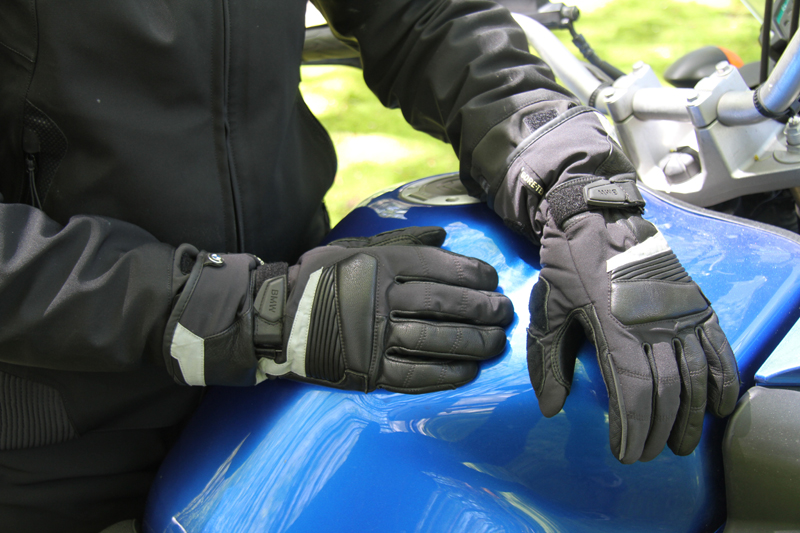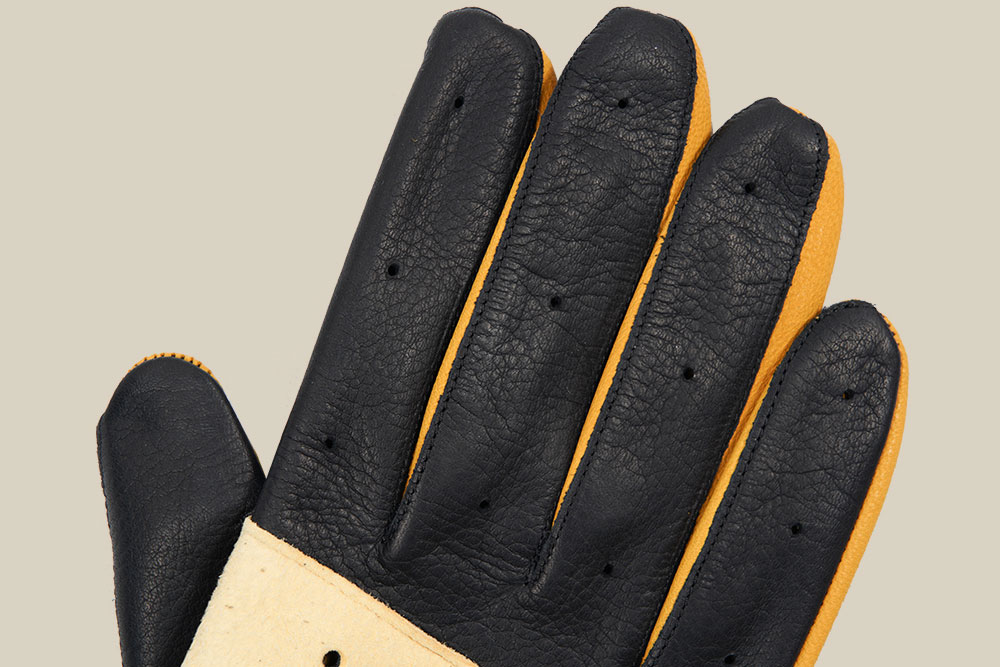Blog
Summer vs Winter Racing Gloves

Racing gloves are an essential piece of gear for any rider. They provide grip, comfort, and most importantly protection. But not all gloves are made the same.
The choice between summer vs winter racing gloves is more than just about the weather. It’s about performance, safety, and riding experience in different conditions.
In this blog, we will compare both types in detail, so you can decide which gloves suit your riding style and season.
Understanding the Purpose of Racing Gloves
Before diving into summer vs winter racing gloves, it’s important to understand why gloves are so crucial in motorcycle racing and track riding:
- Grip Control: Racing gloves help you maintain control even at high speeds.
- Hand Protection: They protect your hands from abrasions in case of a fall.
- Weather Comfort: The right gloves reduce hand fatigue and discomfort caused by temperature extremes.
- Performance Edge: The right pair can improve reaction times and braking accuracy.
Summer vs Winter Racing Gloves: Key Differences
When comparing summer vs winter racing gloves, the main differences are in materials, insulation, breathability, and flexibility.
1. Material and Construction
- Summer Racing Gloves: Usually made with perforated leather or mesh panels for maximum airflow. Lightweight and flexible to allow quick movements.
- Winter Racing Gloves: Built with multiple layers, often including thermal liners, windproof membranes, and sometimes even waterproof layers.
2. Insulation and Breathability
- Summer Gloves: Prioritize breathability to prevent sweaty palms. Minimal insulation.
- Winter Gloves: Prioritize warmth with thermal padding but often sacrifice some breathability.
3. Protection
Both types provide knuckle guards, palm sliders, and reinforced stitching, but winter gloves may have slightly bulkier protection layers to shield against cold winds.
Why Choose Summer Racing Gloves?
If you ride primarily in warmer months, summer racing gloves offer several advantages:
- Better Airflow: Keeps your hands dry and cool during intense rides.
- Enhanced Flexibility: Thinner materials allow better throttle and brake control.
- Lightweight Comfort: Reduced weight means less hand fatigue during long rides.
Example: In the Netherlands, summer racing gloves are ideal for races at tracks like TT Circuit Assen during warmer months when temperatures range from 18–25°C.

Why Choose Winter Racing Gloves?
For colder months or early morning rides, winter racing gloves are a better choice:
- Warmth & Comfort: Insulated lining keeps fingers warm even in near-freezing temperatures.
- Wind & Water Resistance: Many models come with waterproof membranes, perfect for Dutch autumn and winter rains.
- All-Weather Protection: Ideal if you don’t let the weather stop your training or racing.
Example: In winter, when temperatures can drop below 5°C, racing gloves with thermal layers make a huge difference in hand mobility and comfort.
Summer vs Winter Racing Gloves: Pros and Cons
| Feature | Summer Racing Gloves | Winter Racing Gloves |
|---|---|---|
| Airflow | ✅ Excellent | ❌ Limited |
| Warmth | ❌ Minimal | ✅ Excellent |
| Flexibility | ✅ High | ⚠️ Moderate |
| Weather Protection | ❌ Low | ✅ High |
| Weight | ✅ Light | ❌ Heavier |
How to Choose Between Summer and Winter Racing Gloves
When deciding on summer vs winter racing gloves, consider these factors:
1. Riding Season
If you mostly ride from April to September, summer gloves are the better choice. For year-round racing, you might need both.
2. Comfort vs Protection
Summer gloves are lighter and more comfortable in heat, but winter gloves offer better cold protection.
3. Type of Racing
High-speed track days in summer require maximum ventilation, while endurance races in winter demand warmth and wind proofing.
Maintenance Tips for Racing Gloves
Regardless of whether you choose summer or winter racing gloves, proper care will extend their lifespan:
- Clean Regularly: Wipe leather gloves with a damp cloth; for textile gloves, follow manufacturer instructions.
- Air Dry: Never use direct heat, this can damage the materials.
- Condition Leather: Keeps it soft and prevents cracking.
- Store Properly: Keep gloves in a cool, dry place away from direct sunlight.
Final Verdict: Do You Need Both?
If you ride in the Netherlands year-round, the smartest choice is to own both summer and winter racing gloves.
- Summer Gloves: For hot, dry days when flexibility and airflow matter most.
- Winter Gloves: For cold, wet, or windy rides when staying warm is essential.
Having both ensures you’re always prepared, no matter the season, or the weather.
Quick Buying Guide for Riders in the Netherlands
- For Summer: Look for perforated leather, short cuffs, and lightweight knuckle protection.
- For Winter: Choose insulated, waterproof models with extended cuffs for better coverage.
- Fit is Key: Gloves should fit snugly but still allow full movement of your fingers.
Read More Cowhide Motorcycle Racing Suits: Pros & Cons
FAQs
1. Which is better for racing – summer or winter gloves?
It depends on the season and conditions. Summer racing gloves are lightweight and breathable, perfect for hot weather, while winter racing gloves are insulated and windproof for colder rides.
2. Can I use summer racing gloves in winter?
You can, but it’s not recommended. Summer racing gloves lack insulation, so your hands may get cold, which can affect grip and control during a race.
3. Are winter racing gloves more durable than summer gloves?
Not necessarily. Durability depends on materials and construction. Both summer and winter racing gloves can last long if made from high-quality leather or advanced synthetic fabrics.
4. How do I choose the right size for racing gloves?
Measure your hand’s circumference around the knuckles and refer to the manufacturer’s sizing chart. A snug fit ensures better grip, especially important in both summer and winter racing gloves.
5. Can I get waterproof racing gloves?
Yes, many winter racing gloves offer waterproofing, but summer racing gloves usually focus on ventilation rather than water resistance.
6. Are there gloves suitable for both summer and winter racing?
Some all-season gloves exist, but they often compromise on ventilation or insulation. Dedicated summer vs winter racing gloves generally perform better in their specific seasons.
7. Do summer racing gloves protect as much as winter gloves?
Yes, both can offer CE-certified protection. The main difference is in thermal comfort, not safety standards.

